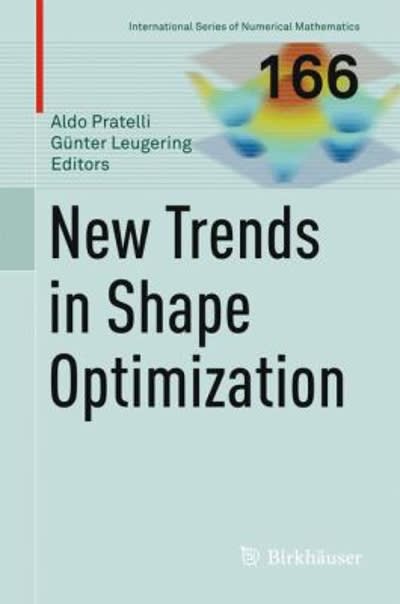LES Photon is a training device that is designed to improve a user's reaction time. Similar devices have been criticized for being too easy to master, but the makers of Photon say that their device is built to give most users room to improve. The makers say that even among professional athletes, the proportion, p, who can score the top ranking of "light speed" is less than 18%. A random sample of 110 professional athletes is chosen, and 13 score a ranking of "light speed" while using the device. Complete the parts below to perform a hypothesis test to see if there is enough evidence, at the 0.10 level of significance, to support the claim that the proportion of all professional athletes who can score a ranking of "light speed" is less than 18%. (a) State the null hypothesis Ho and the alternative hypothesis #, that you would use for the test. Ho: O0 H: 0 020 0=0 020 X 5 (b) For your hypothesis test, you will use a Z-test. Find the values of mp and " (1-p) to confirm that a Z-test can be used. (One standard is that mp2 10 and n (1-p)2 10 under the assumption that the null hypothesis is true.) Here , is the sample size and p is the population proportion you are testing. X ? " (1-p) = 0 (c) Perform a Z-test and find the p-value. Here is some information to help you with your Z-test. . The value of the test statistic is given by P-P P (1- P) The p-value is the area under the curve to the left of the value of the test statistic. Standard Normal Distribution Step 1: Select one-tailed or two-tailed. O One-tailed O Two-tailed Step 2: Enter the test statistic, (Round to 3 decimal places.) Step 3: Shade the area represented by the p- value. x 5 ? (d) Based on your answer to part (c), choose what can be concluded, at the 0.10 level of significance, about the claim made by the makers of the device. X ? Since the p-value is less than (or equal to) the level of significance, the null hypothesis is rejected. So, there is enough evidence to support the claim that less than 18% of professional athletes can score the top-ranking of "light speed." Since the p-value is less than (or equal to) the level of significance, the null hypothesis is not rejected. So, there is not enough evidence to support the claim that less than 18% of professional athletes can score the top-ranking of "light speed." Since the p-value is greater than the level of significance, the null hypothesis is rejected. So, there is enough evidence to support the claim that less than 18% of professional athletes can score the top-ranking of "light speed." Since the p-value is greater than the level of significance, the null hypothesis is not rejected. So, there is not enough evidence to support the claim that less than 18% of professional athletes can score the top-ranking of "light speed."







